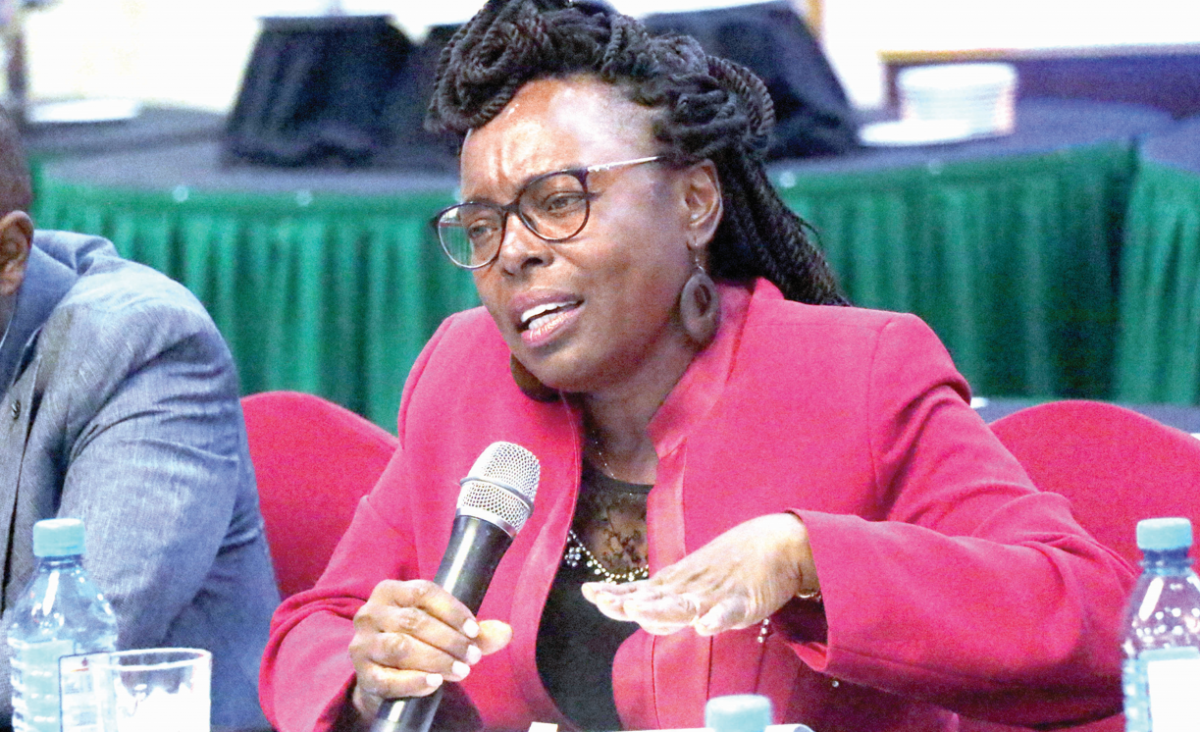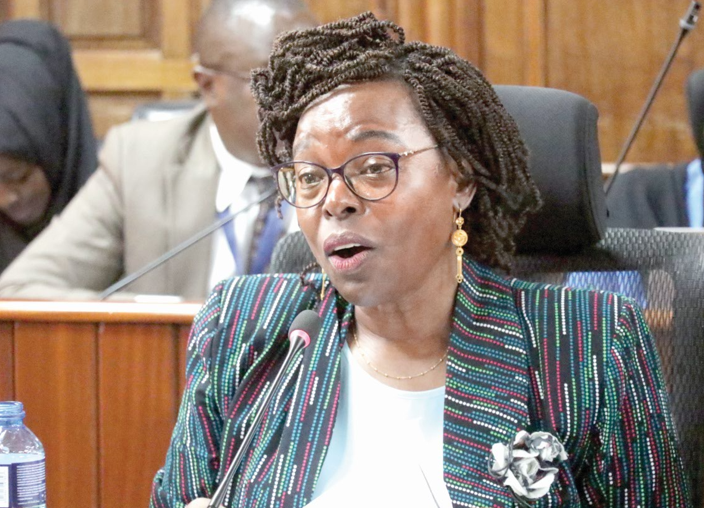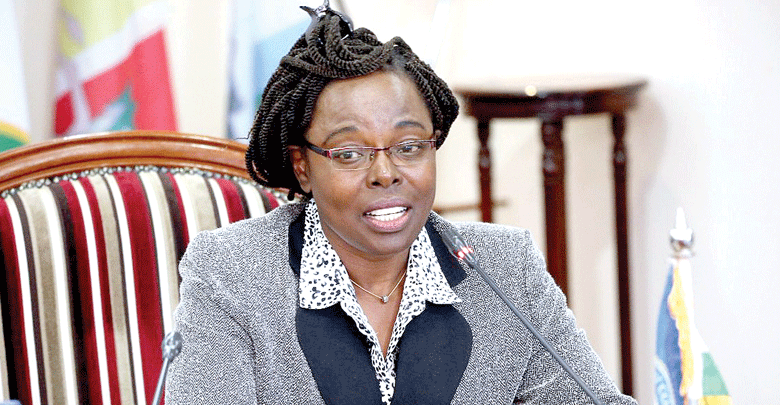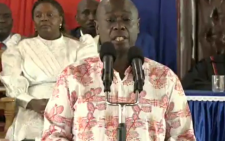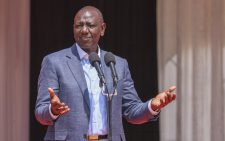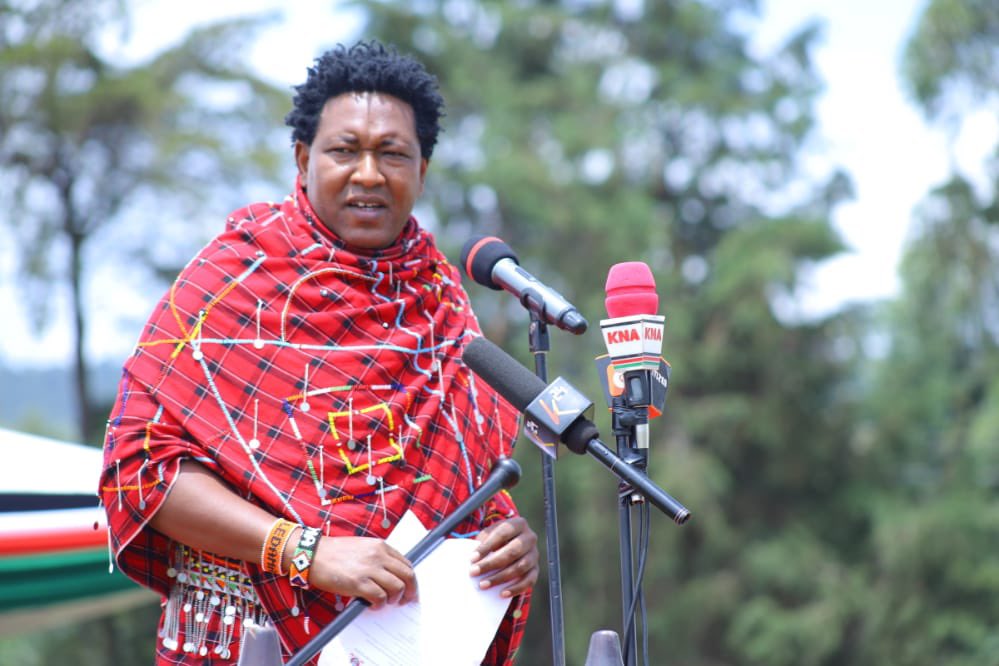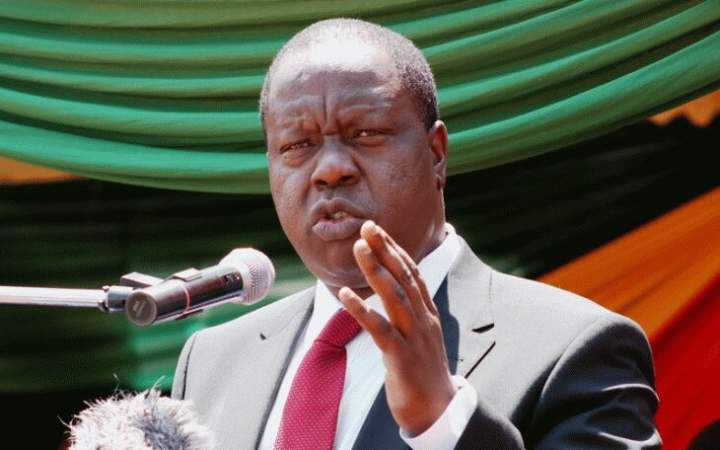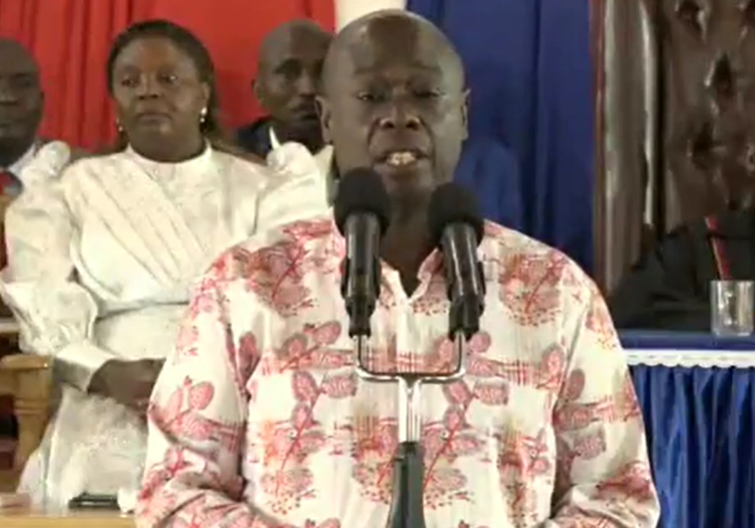Nyakang’o flags Sh4.2 billion spent on exams
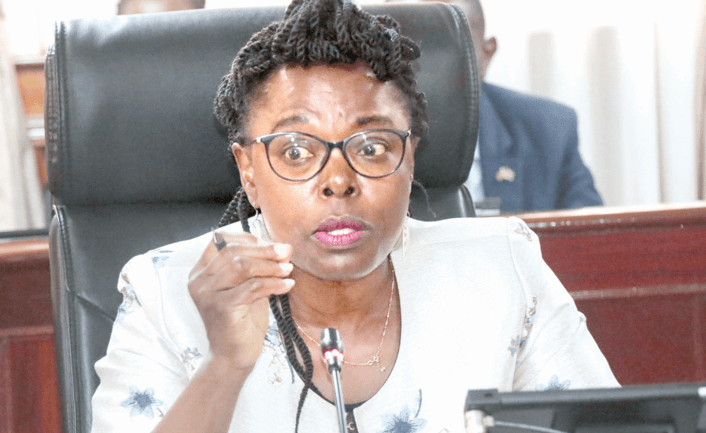
The Controller of Budget (COB) Margaret Nyakang’o has flagged Sh4.21 billion spent by the government on school examinations invigilation and specialised suppliers between July and September.
In her first quarterly National Government Budget Implementation Review Report (NGBIRR) for Financial Year 2024/25 covering July to September 2024, Nyakang’o revealed that out of the Sh4.21 billion, Sh2 billion was spent by the State Department for Basic Education for school examination invigilation and fees while the remaining Sh2.21 billion was for specialized suppliers.
Reads the report: “Other expenses with significant expenditure were Sh2.21 billion for specialized suppliers and Sh.2 billion for school examinations invigilation.”
Nyakang’o in the report further fingers the education sector over non completion of projects despite billions of shillings being pumped into some of them.
The expenditure for the Education Sector amounted to Sh160.16 billion, representing 26 per cent of the gross estimates, compared to 21 per cent (Sh129.04 billion) recorded in a similar period in Financial year 2023/24.
This amount comprised Sh6.16 billion for the development budget, and Sh154 billion for recurrent expenditure representing 25 per cent of the recurrent gross estimates.
Development issues
Out of the total budget in the first three months of financial year 2024/25, the State Department for Basic Education received the highest proportion of development exchequer issues to development net estimates at 53 per cent, the State Department for Vocational and Technical Training received 31 per cent while the State Department for Higher Education and Research did not receive exchequer issues for development expenditure.
For instance, in the State Department for Basic Education, the Construction of Junior Secondary School classrooms and Integrated Resource Centre to support Competency Based Curriculum (CBC) despite the government spending Sh6.4 billion as at September 30, the project is at 21 percent completion.
The Ministry of Education had promised to construct 16,000 classrooms by January 2025 in preparation for or the enrolment of Grade Nine learners.
In October Education Cabinet Secretary Julius Ogamba disclosed that the Ministry of Education had confirmed the release of Sh18.8 billion for the construction of the 16,000 Junior Secondary School to ensure easy transition.
Ogamba said the government is well prepared and committed to meet its obligations and the money is allocated for construction of classrooms in Primary schools where JSS is domiciled and are meant to accommodate grade 9 learners.
“We are supposed to construct 16,000 classrooms and we have released money for all of them so that by January we have all the classes ready,” said Ogamba.
Mitihani House
Nyakang’o has also flagged the construction of Mitihani House which despite gobbling up Sh2.8 billion it is at 60 percent yet the project commenced in September 1985.
She also disclosed that the Kenya Primary Equity in Learning Programme is at 41 percent rate of completion despite the project consuming Sh18.6 billion.
Reads the report: “An analysis of the project implementation status by the State Department for Basic Education revealed a mismatch between the percentage of completion of projects and their expected duration. For example, the Construction of Mitihani House had a project completion rate of 60 per cent despite commencing in September 1985. We recommend that measures be taken to fast-track the implementation of multi-year projects whose completion levels are behind the timeline target.”
With regards to projects being implemented by the State Department for Higher Education and Research, the report revealed that there was a mismatch between the percentage of completion of projects and the expected duration of the project.
Some of the projects identified include the Construction of Administration and Tuition Block of the Technical University of Kenya which is at 32 percent despite the project commencing in 2025, the Construction of Administration and another Tuition Block still at TUK which is at 49 per cent despite the project commencing July 2017.
The Completion of Pharmacy Building -CHS Phase I at the University of Nairobi at a cost of Sh 150 million is at 67 percent yet it commenced in 2023 while the Establishment of International Centre for Genetic Engineering & Biotech- Egerton University valued at Sh 5.5 billion is at 20 percent yet it commenced in 2023.
The report further notes that the construction of College of Engineering -Tuition Block at the Jomo Kenyatta University of Agriculture and Technology (JKUAT) with a value of Sh 530 million is at 49 percent yet it commenced in 2017 while the Construction of administration block and Lecture Theater in Gatundu University College valued at Sh 1.45 billion is at 24 percent yet it commenced in 2017.
Completion mismatch
Reads the report: “An analysis of the project implementation status by the State Department for Higher Education and Research revealed a mismatch between the percentage of completion of projects and the expected duration of the project. Measures should be taken to fast-track the implementation of multi-year projects whose completion levels are behind the timeline target.”
With regards to Project Implementation for the State Department for Vocational and Technical Training, Nyakang’o recommended that the Technical Vocational Education and Training (TVETS) fast-track the implementation of multi-year projects with low completion levels approaching the conclusion period.
The projects include Government of Kenya (GoK) and African Development Bank TVET phase II project which has accumulated Sh6.4 billion at September 30 and is at 88 percent rate of completion yet it commenced in 2015, the East Africa Skills Transformation and Regional Integration Project that has consumed Sh3.5 billion with a rate of 78 percent completion yet it commenced in 2020, the GoK-AfDB TVET phase II which commenced in 2021 at a cost of Sh1.2 billion yet its completion rate is at 28 percent.
The Promotion of Youth Employment and Vocational Training in Kenya Phase I which started in 2021 and has so far consumed Sh752.78 million is at a 27 percent completion rate while phase 11 of the same project which commenced in 2022 is at 4 percent despite gobbling up Sh63.15 million.
